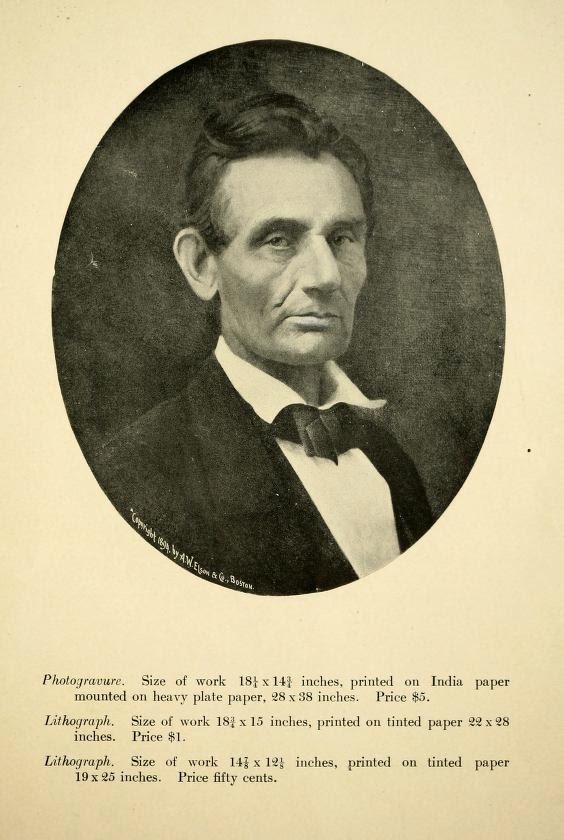Many students find this statement to be mundane, since most people of the college age generation in the U.S. today think slavery is immoral. Yet the courage of Lincoln becomes more evident when we learn how many people in the U.S. culture advocated the morality of slavery during the time of Lincoln. To give some context, I give a miniscule overview, not promoting corporate judgment on this occasion on specific individuals in history. Slavery has been a sin practiced in many places of the world at various times since ancient times; read Hammurabi’s Code for example. The institution continued upon the foundation of the United States in the last quarter of the 1700’s, and both George Washington and Thomas Jefferson owned slaves. To be personal, the more I researched this subject, the more extensive I found the horror to be. It was an American tragedy.
For those who know me, you know I love the United States of America! And I think the Declaration of Independence and the Constitution are blessed governmental documents in world history. Yet the big mistake in the Constitution originally was in Article I; Section 2, was a distinction was made between residents who were “free” and residents who were not “free.” This section alone, where those who were not “free” were accorded three-fifths status for purposes of representation and direct taxation, allowed states to determine whether slavery was legal. The result was that some states carried on with the legal protection of slavery, action which was in complete contradiction with the Declaration of Independence which stated “all men are created equal.”
Slavery was so entrenched in the U.S. the three largest Christian denominations, the Baptist Missionary Convention, the Presbyterian, and the Methodist-Episcopal denominations split before the Civil War, in 1845, 1837, and 1843 & 1844 respectively. Another denomination, the Episcopal denomination, split at the time of the war. I recommend reading the details on this, which I consider a precursor to the Civil War, in "Broken Churches, Broken Nation," written by the editors of Christian History in Issue 33 (Vol.XI, No.1) 26-27. There was a divisive dispute over what the Bible teaches concerning the issue of slavery. Some said the Bible prohibits slavery; some said the Bible permits slavery. The result was a tragedy within the Christian family, and contradictory messages were sent to the culture at large by those called to be a light for Christ to the culture. The long term result was a mammoth corporate tragedy in U.S. history, the Civil War.
The focus of this blog is the faith of Abraham Lincoln, and ultimately that faith was possible because of the glorious work of Jesus on the Cross, and the steadfast love by God for Abraham Lincoln in reaching out to him even before he was in relationship with Jesus, just as God does for all people. Yet what does Lincoln’s conviction concerning slavery have to do with his faith? The Bible reveals that God calls His children to love people by obeying the commands of Jesus as clearly taught in John 14:21. Thus faith in Jesus is in harmony with moral behavior, which ultimately results in loving behavior.
Regarding his moral conviction that slavery is wrong, on one hand, Lincoln once stated he had always felt slavery was wrong, stating he could not recall a time when he believed otherwise.[1] He even referred to it as an “abstract judgment.”[2] In using such a term, it is possible that a diplomatic mode of Lincoln was exhibited here, as was often exhibited, where he would present diplomatic discourse. Yet he would still retain a logical argument and a pounding conclusion. On the other hand, in a letter, Lincoln also presented a specific basis for his moral judgment. Whether or not the “Golden Rule” taught by Jesus as recorded in Matthew 7:12 was an influence, we cannot know, yet it is possible.
Abraham Lincoln wrote to a man: “…he who would be no slave, must consent to have no slave. Those who deny freedom to others, deserve it not for themselves; and, under a just God, cannot long retain it.”[3] Brilliant. God came into his dialogue more and more, to the point of his famous second inaugural address.
Though sometimes wavering in arguments of how to deal with slavery, Lincoln always remained steadfast in his conviction that slavery is wrong. Lincoln understood doing wrong brings trouble to people, and can even bring trouble to a country as a whole. Abraham Lincoln increased in his advocation for doing what is right, right as is determined by God.
Hunter Irvine
[1] Albert Bushnell Hart, ed.,
Selected Writings of Abraham Lincoln (New York: The Gregg Publishing
Company, 1920), 299.
[2] Albert Bushnell Hart, ed.,
Selected Writings of Abraham Lincoln (New York: The Gregg Publishing
Company, 1920), 300.
[3] Ralph G. Newman, ed., Lincoln
For the Ages (Garden City, New York: Doubleday and Company, Inc., 1960), 279-280.


